ARCH – Advancing Resilience of historic areas against Climate-related and other Hazards. What is it? ARCH is a three-year research project (2019-2022), funded by the European Union with the aim to develop a disaster risk management framework for assessing and preserving heritage sites from climate change and natural threats. The project has been led by different partners – among them, ICLEI – a global network of more than 2.500 local and regional governments committed to sustainable urban development.
Tools and methodologies come from the engagement of four Foundation cities: Bratislava, Camerino, Hamburg, and València. These cities are vital as co-creators of the outcomes, designed for local authorities, urban population, national and international expert communities.
Added to them, many other Keystone cities have been involved to the ARCH goals in a knowledge-sharing experience, broadening a mutual learning approach and increasing the chances to foster the resilience of their historical areas.
One of these municipalities is Alba (Italy), where Envi.info is based! Our representatives sent three delegates from ERICA Soc. Coop. and AICA (International Association for Environmental Communication) to attend the ARCH Stakeholder Dialogue (1st-3rd June) in Thessaloniki. So, here we are.
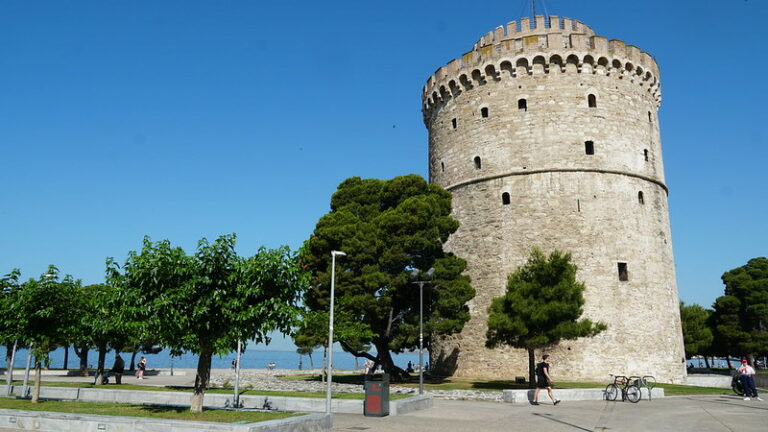
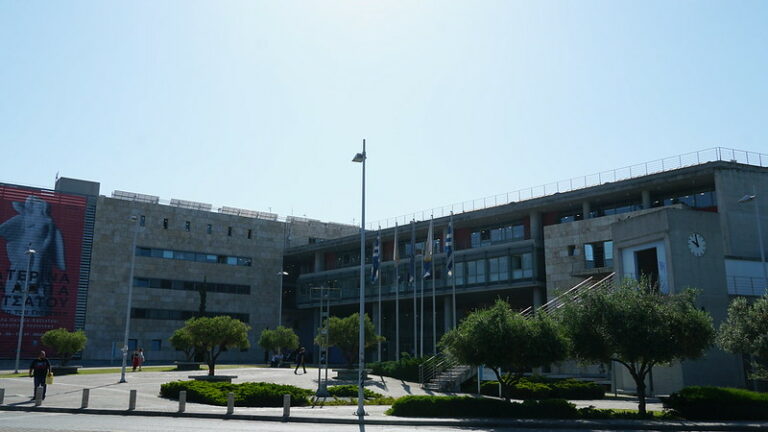
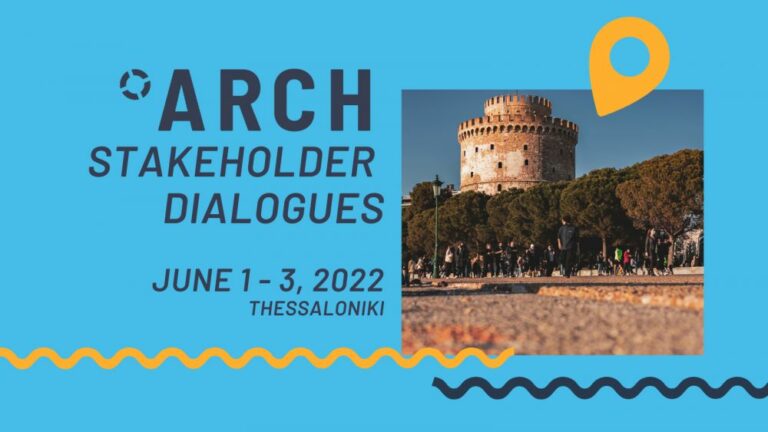
Three days of meetings, field visits, and task force to present and disseminate the results from the ARCH project, including standards, tools, and methodologies. ICLEI defined the agenda, structuring a program that gave all the participants the opportunity to share experiences and to collect useful findings that can be implemented in their own cities.
During these round tables, our editorial staff stressed out a specific question: How can you manage the communication of outcomes and outputs of an international project?
Each answer began with a giggle: «Nice question! Let’s say – it’s a challenge». The communication team is crucial to keep track of every result and to pull the strings on what is the narrative to follow. A project such as the ARCH one needs to face different stakeholders: authorities, businesses, associations, and citizens. That means a great effort to provide right meanings and codes of understanding.
The cities representatives told us more about their packed agenda of meetings when they exchanged all their dissemination worries. Specifically, during the task force dedicated to the revision of the final project paper, the main topic was: Shall we involve people knowledge to make them more aware and to feel committed to the protection of heritage sites? How to make these notions clear?
Environmental communications strategies clearly seem to be fundamental. Historic districts and resilience concepts create a social-ecological system; thus, people and frameworks need to be considered to grasp the transformation and the multidimension complexity of urban societies.
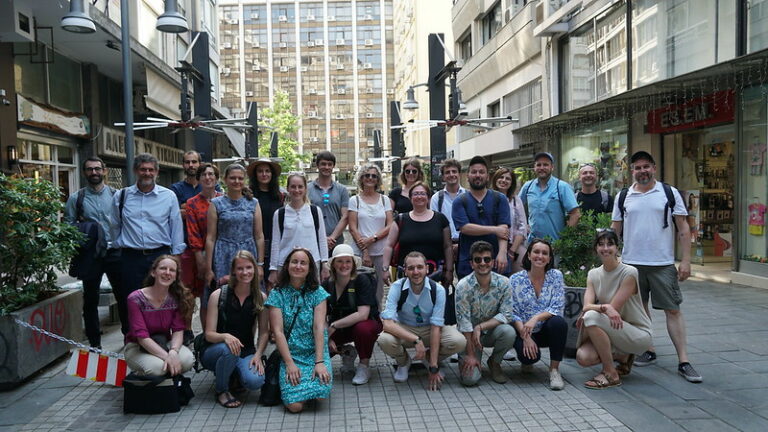
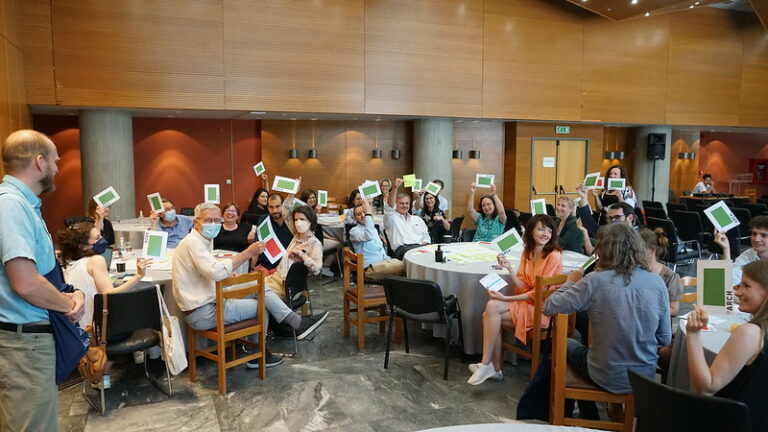
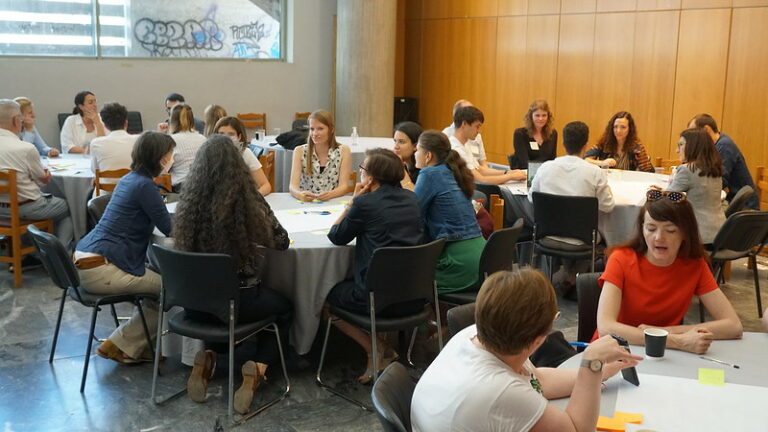
The teamwork in Thessaloniki emphasized that the living system includes all kinds of stakeholders per se. Therefore, after the evaluation of the needs, the role played by communicators is to transfer the knowledge to them in different ways. The success of the messages is measured by the direct commitment of the civil society and its “will to know”. For these purposes, it is necessary in the dissemination process of an international project to envisage the mobilization of associations, youth groups, role models, and advisers.
Specifically, in relation to the ARCH project, it is expected the creation of giving circles and workshops to gather and to do justice to the diverse viewpoints. It all starts from questions: Do I understand the heritage value of my city? Am I aware about the risks of climate change and other hazards that threaten the beauty and the cultural treasure that surrounds me?
These three days gave us several inputs to enlighten the tasks the communicators need to care of. This project coordinated among different voices and partners welcomes the dialogue to latch on to a mutual learning approach – environmental issues can be transferred. Direct involvement of citizens, collaboration among authorities, heritage studying in school programs, social&media contents, gamification strategies. Whatever it takes to avoid the “somebody else is taking care of it” attitude.
Thanks to ICLEI and all the ARCH team for giving Envi.info the opportunity to collect so many suggestions to think and work on.

